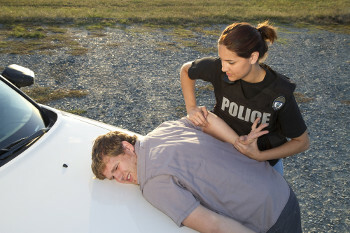Today, in many cities in Rio Grande do Sul and in other regions of Brazil, evangelicals Lutherans and other denominations celebrate Protestant Reformation Day, a milestone in the history of Christianity that turns 506 years old.
The historic event that took place on October 31, 1517 was led by Martin Luther, an Augustinian monk who challenged the theological practices and principles of the Catholic Church, beginning a religious movement that would change the course of faith Christian.
see more
State schools IN THIS STATE can no longer be denialists when…
Ordinary exterior, extraordinary interior: a house that surprises
What was the Protestant Reformation and why did it occur?
The chain of the Protestant Reformation was full of social, political, cultural and economic transformations in Europe. The rise of commerce, the cultural Renaissance, and the invention of the printing press created an environment conducive to the dissemination of ideas.
Contestant religious movements had already emerged before, such as the Waldensians, and movements raised by the likes of John Wycliff and Jan Huss, all questioning the morality and power of religion.
Catholic church.Martin Luther, a theology professor and member of the clergy, stood out for his outrage at practices such as the sale of indulgences, the sale of ecclesiastical positions and sacred relics.
He believed in the gratuitousness of faith and that salvation could not be obtained through works or paying for sins. His dissatisfaction with the Church and the theological debate about salvation led him to take a stand.

(Image: Wiki Commons/Scientific Knowledge/reproduction)
Luther's famous 95 Theses, sent on October 31, 1517 to the archbishop of Mainz, criticized the indulgences and quickly spread throughout Europe, triggering a kind of revolution religious. Although tradition holds that he nailed them to the door of Wittenberg Castle Church, historians say they have no solid evidence of this event.
As expected, the reaction of the Catholic Church was not long in coming. Pope Leo X issued a bull demanding Luther's recantation, which was publicly burned by the monk.
Luther was later excommunicated and had to hide in Wartburg Castle to protect his life after being considered a heretic by the Diet of Worms.
The Protestant Reformation also boosted the formation of national states and the centralization of power, since the interests of kings they often came into conflict with papal influence. The Catholic Church reacted with the so-called Counter-Reformation, which established stricter criteria for the clergy and banned the circulation of certain books.
Despite the efforts of the Catholic Church, Protestantism gained ground in countries such as Germany, Denmark, Sweden, the Netherlands, Switzerland, England and Scotland. Several branches of Protestantism emerged, each with their own theological interpretations.
Today, evangelical Lutherans and conservatives from other denominations celebrate the Protestant Reformation, remembering the initiative of Martin Lutherand its role in transforming the religious and political landscape of Europe.
The date serves as a reminder of the importance of religious freedom and the individual's ability to question and reform established institutions.

